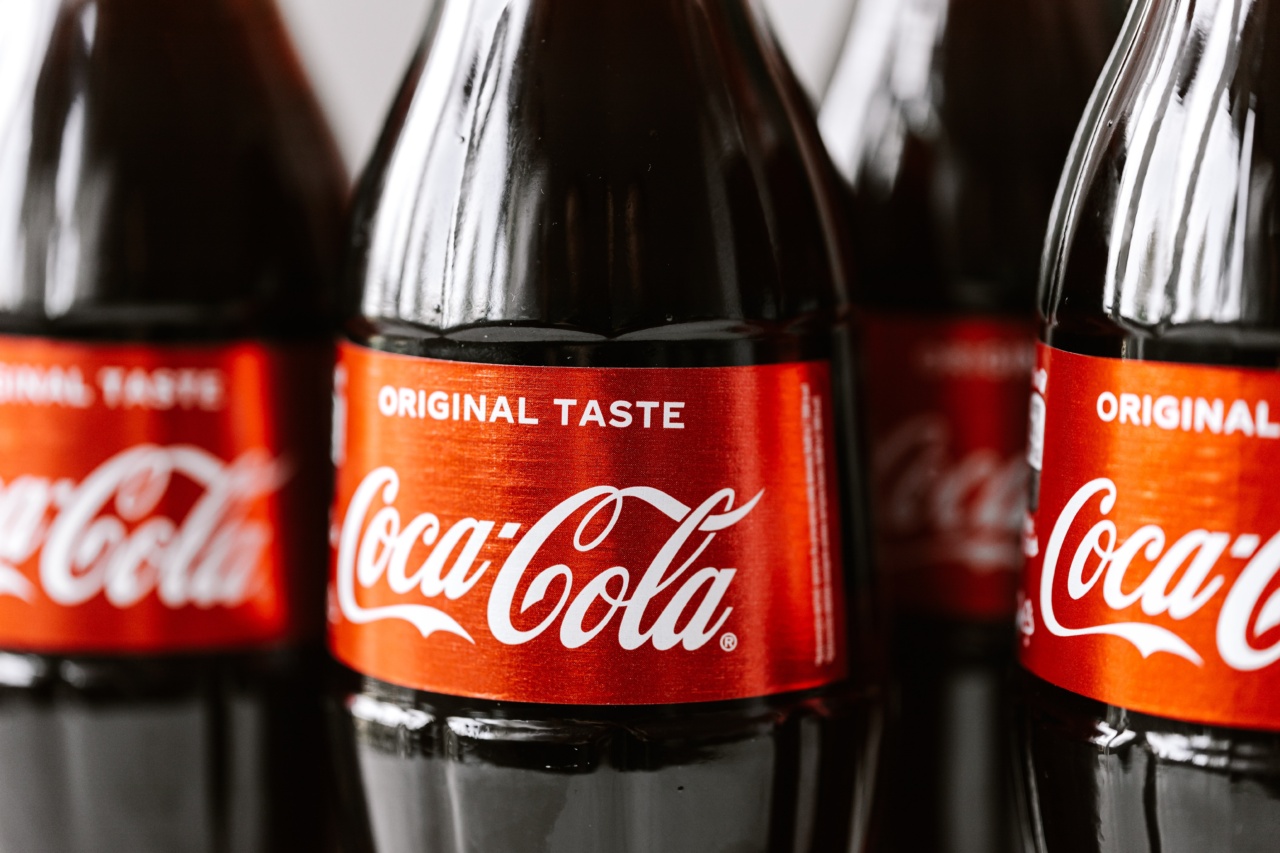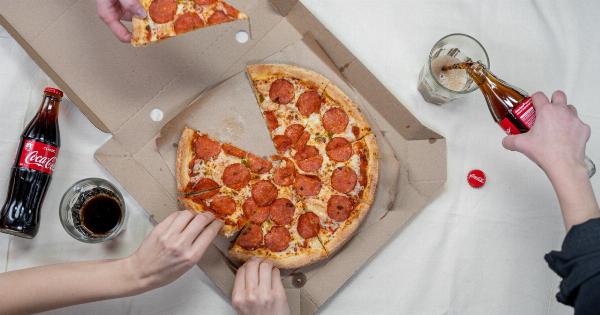High blood pressure, also known as hypertension, is a prevalent health condition that affects millions of people worldwide. It is a major risk factor for cardiovascular diseases such as heart attack and stroke.
While there are several factors that contribute to the development of hypertension, recent research has shown a clear association between the intake of sugary drinks and elevated blood pressure levels. This article delves into the link between sugary drink consumption and hypertension, exploring the underlying mechanisms and discussing strategies for reducing intake.
Understanding Hypertension
Hypertension is a chronic condition characterized by persistently high blood pressure levels. Blood pressure is the force exerted by the blood against the walls of the arteries as the heart pumps it around the body.
A normal blood pressure reading is typically around 120/80 mmHg. However, when the blood pressure consistently exceeds this range, it can lead to various health complications.
There are two types of hypertension:.
1. Primary (Essential) Hypertension: This type of hypertension develops gradually over time without any identifiable cause. It is the most common form of high blood pressure, accounting for around 90% of cases.
2. Secondary Hypertension: Secondary hypertension is caused by an underlying medical condition such as kidney disease, hormonal disorders, or certain medications. It accounts for approximately 10% of cases.
The Link between Sugary Drinks and Hypertension
Sugary drinks, including soda, fruit juices, and sweetened teas, have been identified as a significant contributor to the development of hypertension.
Multiple studies have consistently shown a positive association between the consumption of sugary beverages and high blood pressure levels.
1. Higher Caloric Intake: One reason sugary drinks contribute to hypertension is their high caloric content. Consumption of these beverages often leads to an excess intake of calories, which can lead to weight gain and obesity.
Excess weight is a significant risk factor for hypertension.
2. Added Sugar: Sugary drinks are typically loaded with added sugars such as sucrose and high fructose corn syrup.
Excess sugar consumption has been linked to insulin resistance, a condition where the body’s cells become less responsive to the hormone insulin. Insulin resistance is closely associated with the development of hypertension.
3. Impact on Metabolic Health: Regular consumption of sugary drinks is known to contribute to metabolic syndrome, a cluster of conditions that increase the risk of developing heart disease, stroke, and type 2 diabetes.
Metabolic syndrome is often characterized by elevated blood pressure levels.
4. Effects on Kidneys: The high sugar and sodium content in sugary drinks can have detrimental effects on kidney function. Kidneys play a crucial role in regulating blood pressure by filtering excess fluid and waste from the bloodstream.
When the kidneys are compromised, blood pressure tends to rise.
5. Hormonal Disruption: Sugary drinks, especially those containing artificial sweeteners, can disrupt the body’s hormonal balance.
This disruption can lead to increased levels of hormones that regulate blood pressure, such as aldosterone, resulting in elevated blood pressure levels.
Reducing Sugary Drink Intake for Blood Pressure Control
To reduce the risk of hypertension and maintain healthy blood pressure levels, it is crucial to limit the intake of sugary drinks. Here are some strategies to consider:.
1. Opt for Water: Replace sugary beverages with water, which is essential for overall health and hydration. Adding slices of fresh fruit or herbs can enhance its flavor without adding unnecessary sugars.
2. Choose Unsweetened Alternatives: When craving a flavored drink, opt for unsweetened options such as herbal teas or flavored sparkling water. Read labels carefully to ensure they are free from added sugars.
3. Homemade Drinks: Make your own beverages using natural sweeteners like honey or agave syrup. This way, you can control the amount of sugar added and create healthier alternatives.
4. Portion Control: If you occasionally indulge in sugary drinks, practice portion control. Enjoy them in small amounts and less frequently to minimize their impact on blood pressure.
5. Read Labels: Pay close attention to the ingredients and nutritional information on drink labels. Choose beverages with minimal or no added sugars.
6. Healthy Substitutes: Replace sugary drinks with healthier alternatives like freshly squeezed fruit juices, homemade smoothies, or infused water. These options provide essential nutrients without the excessive sugar content.
7. Education and Awareness: Promote education and awareness about the negative health effects of sugary drinks. Encourage your family, friends, and community to make informed choices and reduce their intake.
8. Seek Professional Guidance: Consult with a healthcare professional or registered dietitian for personalized advice on managing blood pressure and developing a healthy diet plan.
Conclusion
It is evident that the intake of sugary drinks is associated with elevated blood pressure levels and an increased risk of developing hypertension.
The high caloric content, added sugars, impact on metabolic health, effects on kidney function, and hormonal disruption contribute to this link. To promote a healthy lifestyle and reduce the risk of hypertension, it is vital to limit the consumption of sugary beverages.
By choosing water, unsweetened alternatives, and homemade drinks, practicing portion control, reading labels, and promoting education, individuals can take control of their health and prevent the negative consequences of excessive sugary drink intake.




























